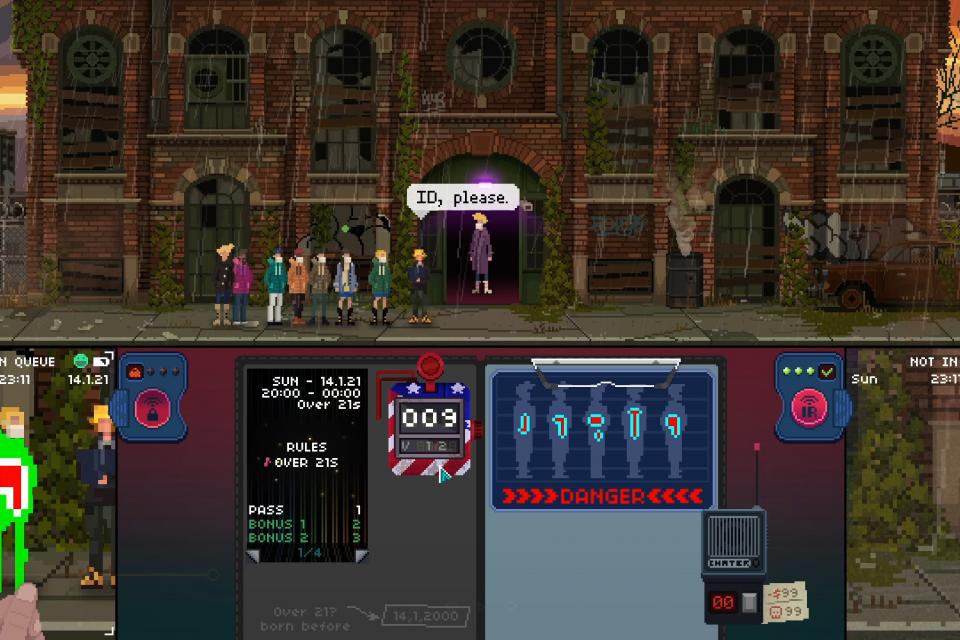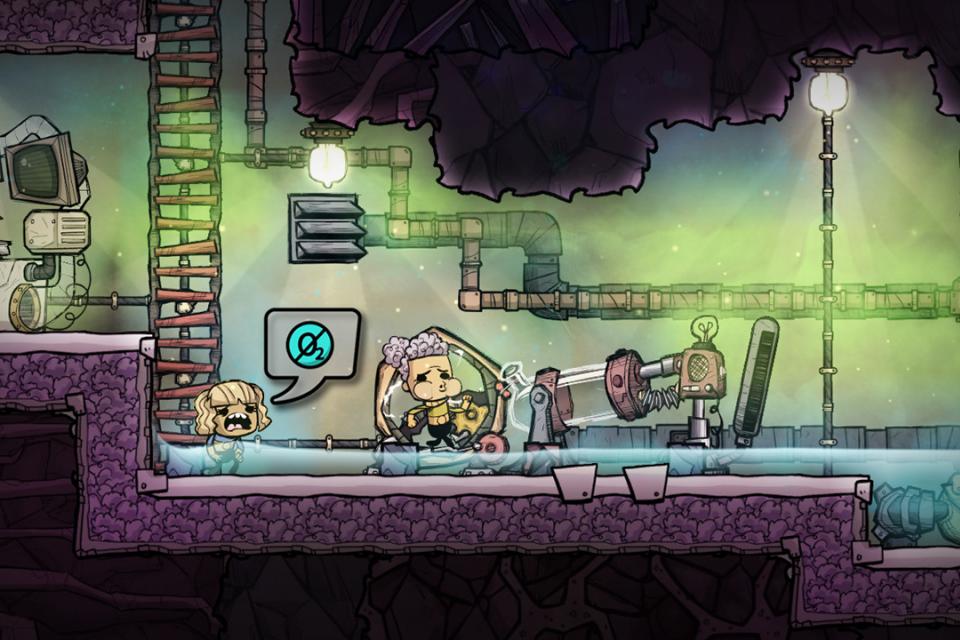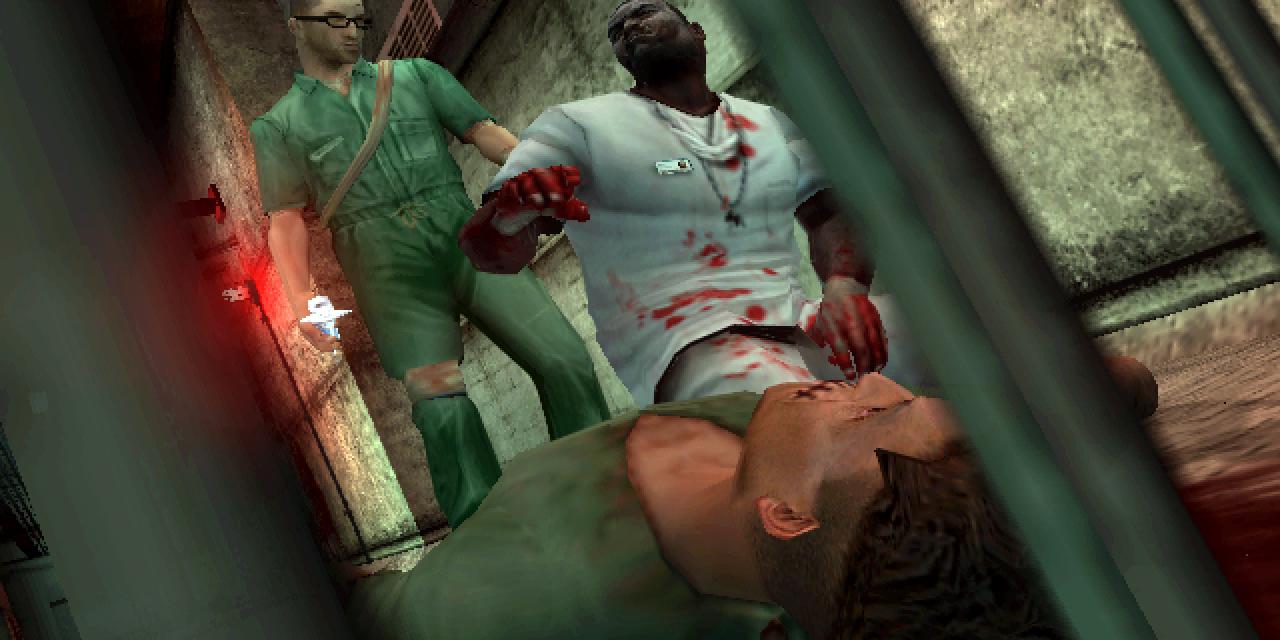

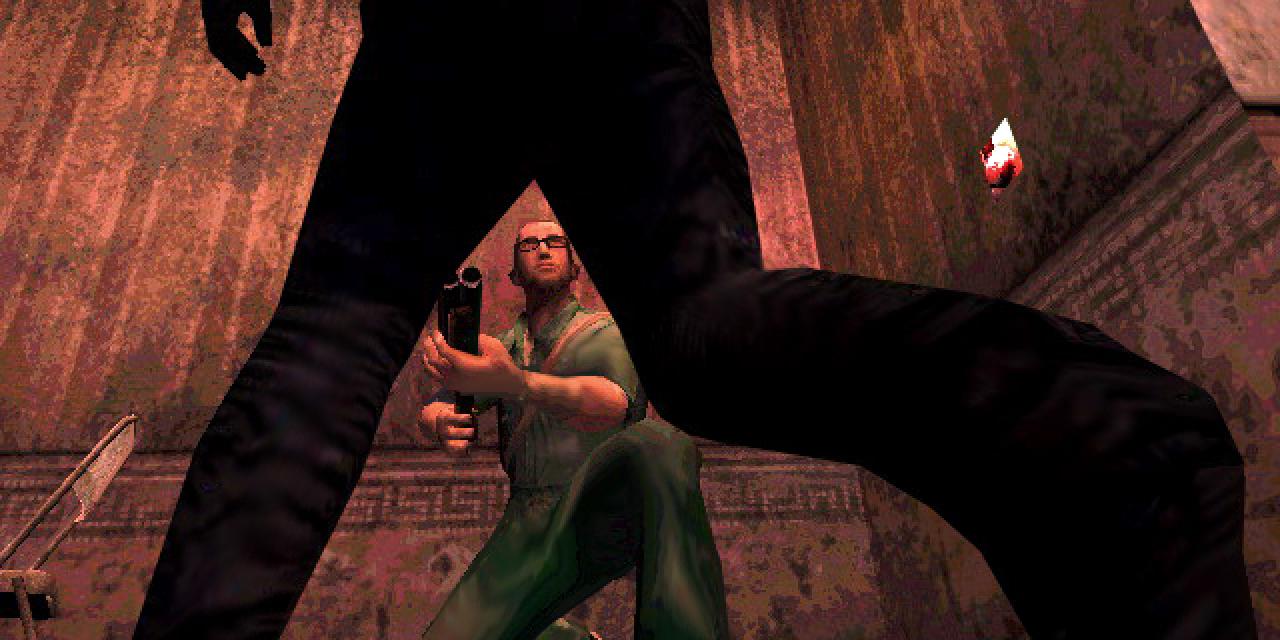
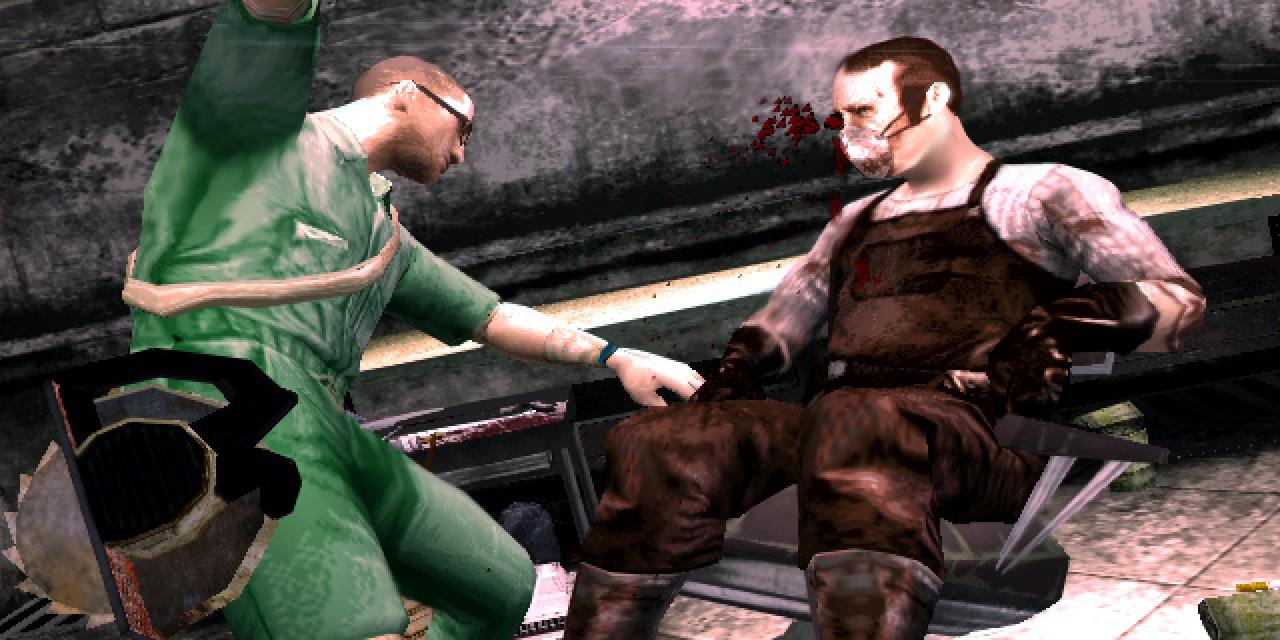
During Manhunt 2 appeal hearing, BBFC admitted that there is no proven link between anti-social behavior and violent videogames but stressed that more research is required to conclusively rule any connection out.
"The board's position is that there is insufficient evidence to prove, as a fact, there is a causal connection between violent games and behavioural harm... It's a perfectly fair point, and one which we accept, but it's not by any means a complete answer to the question the [Video Appeals Committee] has to decide." said Andrew Caldecott, representing the BBFC.
Commenting on a research presented earlier by Rockstar in defence of its argument, Caldecott said that "the research certainly achieves the objective of establishing that research does not demonstrate that there is a causal link. But what it certainly does not establish is that there isn't."
Caldecott then observed that both sides agree that Manhunt 2 is not suitable for minors."For a young person, this is a disturbing game, it is a shocking game, and there issues about innocence and matters of that sort in relation to young people."
"In a Utopian society, you would have effective measures where the over-18s could play what was suitable for them without being cluttered by the fact minors will see them. But you can't make classification decisions without regard to the social prevalence [of games]."
Caldecott also believes that videogames shouldn't be judged by the same standards as films such as Saw and Hostel. "Film is a different medium; it is simply is a different experience. There are ways in which it is perhaps more involving, because you are dealing with absolute reality, with real people, in film."
"On the other hand, many people watch horror films to some extent from the point of view of the victim, or the point of view of what's going to happen - not with this very distinctive point of view of being the person who's wielding the weapon, and is rewarded for killing in the bloodiest way possible."
"Games and technology develop incrementally... If you take the comparable argument to its extreme, you get a gradual creeping towards ever more graphic violence, but you never draw a line at any particular point."
"If you're not careful you get into a peculiar game of Grandmother's Footsteps, where everybody's shuffling forward but Grandma's never allowed to turn round and say, 'Stop'... Is there never a point at which you can say, 'This is unacceptable'?"
"If there is a point, the question then becomes much more difficult: where do you draw it?"
Later on, Caldecott also suggested that violent videogames are more likely to be seen by children than violent movies. "A videogame is inherently less likely to be strictly supervised, and that is supported by research." Violent movies are usually watched late at night, "you don't come home from work, have your tea and watch Saw 3. Games are played at all times of the day when children are about in the house."
Caldecott then moved to the game itself, stating that "In this particular game, the victims are people. They are not aliens or griffins or Daleks... You see lots of human beings quite mercilessly kicking and punching other human beings as you move through the game." "... Even when you're not killing someone yourself, you're passing someone who's getting a good beating or having an unpleasant time."
Another area of concern is the game's weapons which are "not magic wands or Excalibur; many of them are everyday objects."
The Video Appeals Committee has yet to set a date for the results of the hearing.




